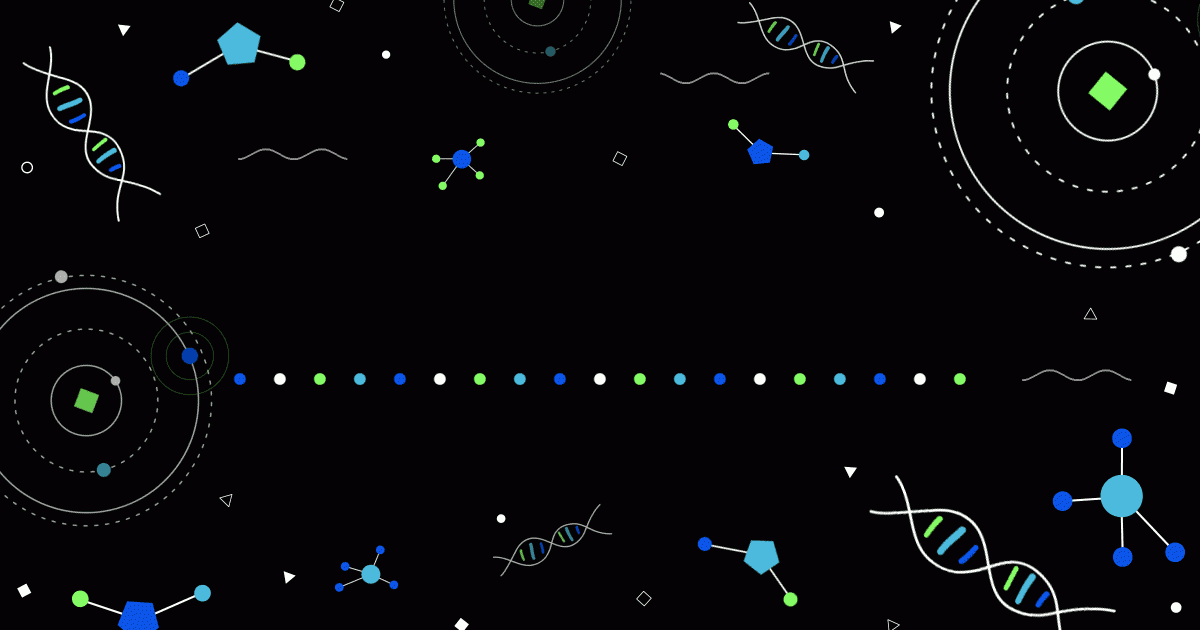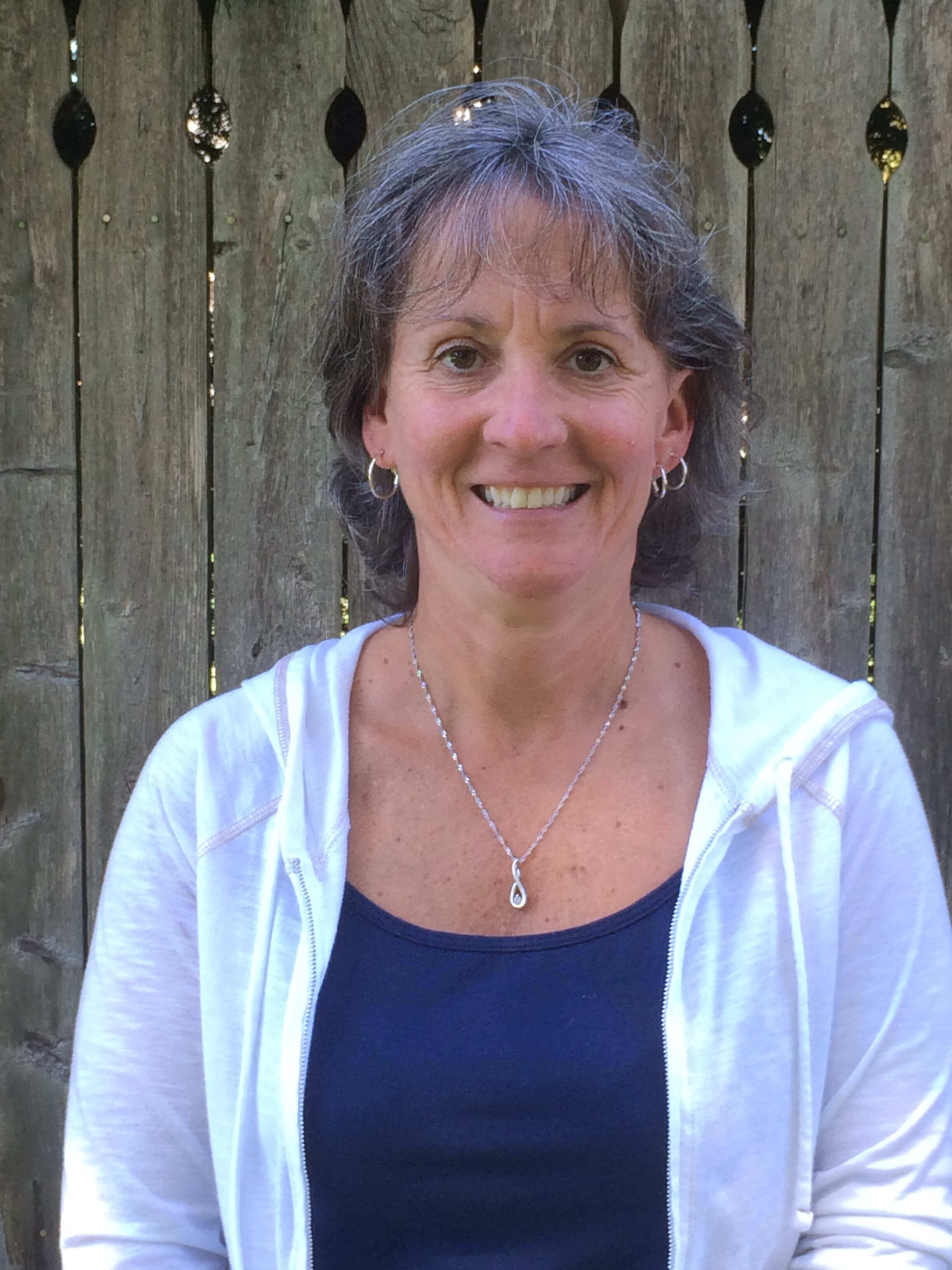This Scientist's Life: Rosemary Orciari

Rosemary Orciari went to the doctor with severe abdominal pain, only to return without treatment after the doctors said that they couldn’t find anything wrong.

Rosemary Orciari, a survivor of non-Hodgkin's lymphoma as a child, is now a scientist in Pfizer's Groton, Connecticut research site.
A few months later, they found what was wrong in an ultrasound: a mass about the size of a volleyball. Her diagnosis: non-Hodgkin’s lymphoma. Rosemary was in the eighth grade.
“They told my parents I wouldn’t live till Christmas. I remember having Christmas in November that year. I ended up having two full years of chemotherapy,” says Rosemary.
“I got better. Now, every day is a gift.”
The recovery process lit up Rosemary’s scientific curiosity. “Being a patient led me to think that I could try to improve these cancer treatments,” she says. “I was able to use this opportunity for good: to research how cancer is treated, to understand how the system works." [PULL_QUOTE]
Not all scientists wear lab coats and do experiments with beakers and test tubes, but Rosemary kicked off her career that way. Her work in a “wet” chemistry lab — which is exactly what it sounds like; a lab in which chemical samples are analyzed in liquid form — took place in Pfizer’s Analytical R&D department in the 1990s.
By the late 90s, Rosemary had moved on to microscopy work. She was indeed well on her way to understanding how the system worked, as she had phrased it.
Now, she says, “I only put on my lab coat about once a week, but my early career at the bench was my foundation.” Rosemary works in PharmSci Quality Assurance to assess medicines for clinical trial use, where she manages a team that makes sure that “every dose of clinical medicine is worthy of the Pfizer name.”
Rosemary’s early experience — before she discovered science — sticks with her, though. “I still think about when I was sick as a kid almost every day. That experience of being a very sick patient as a child inspires me daily to continue the work that I do, to try to find the cure.”





